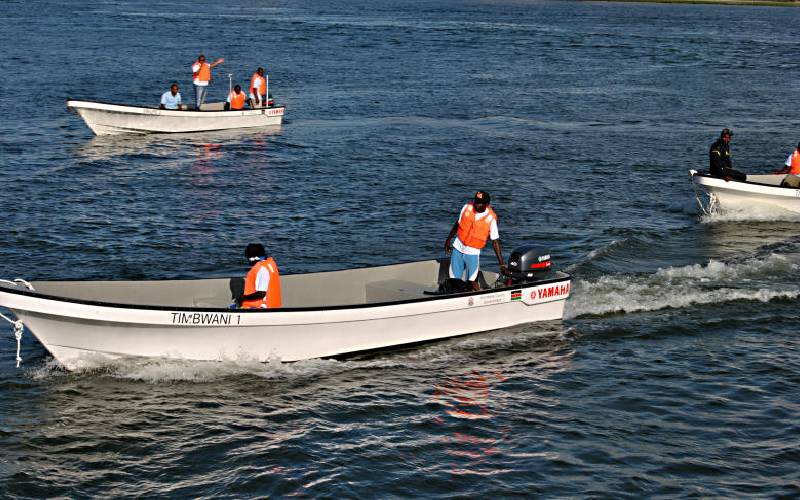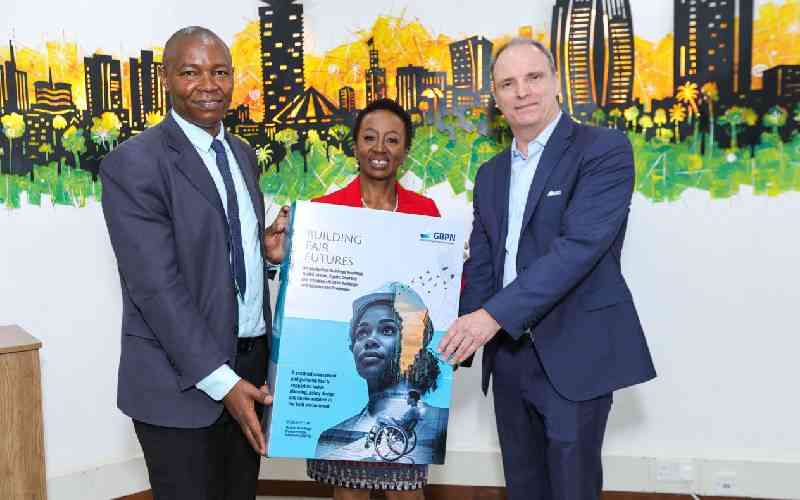×
The Standard e-Paper
Home To Bold Columnists

As Covid-19 continues to exert pressure on dwindling State revenues, devising strategies to revitalise the economy should be our top priority. With many businesses closed down, thousands of jobs lost and livelihoods destroyed, millions of Kenyans are staring at a bleak future.






